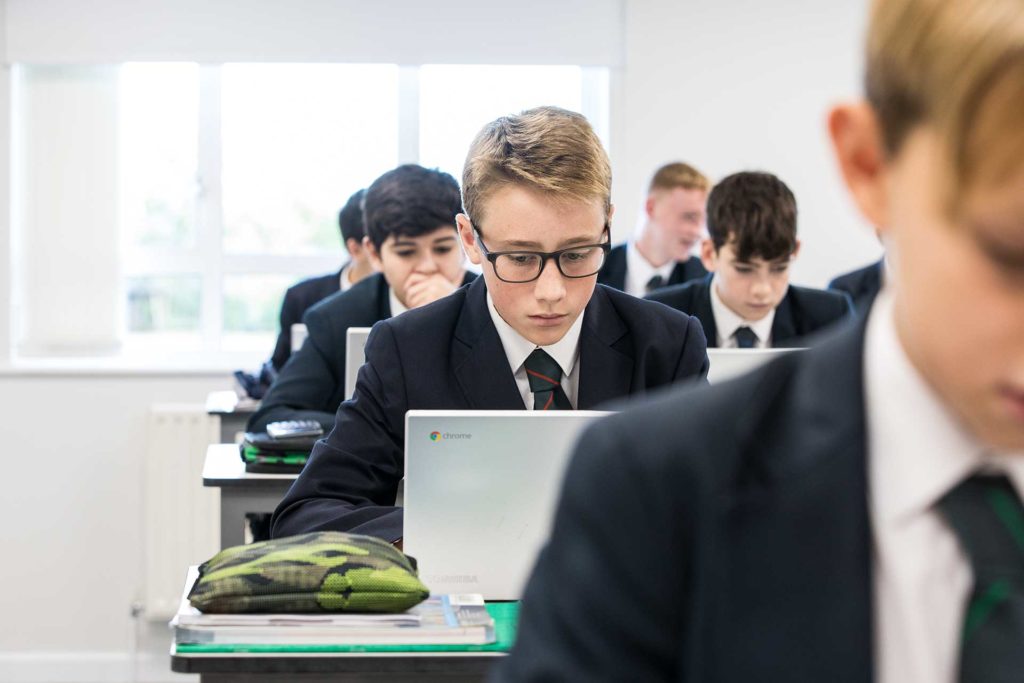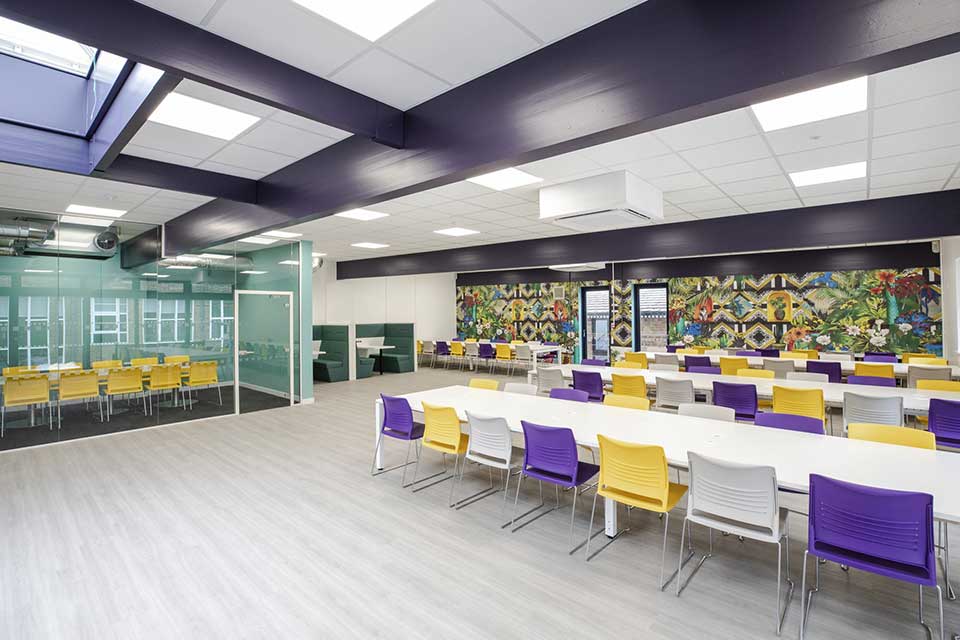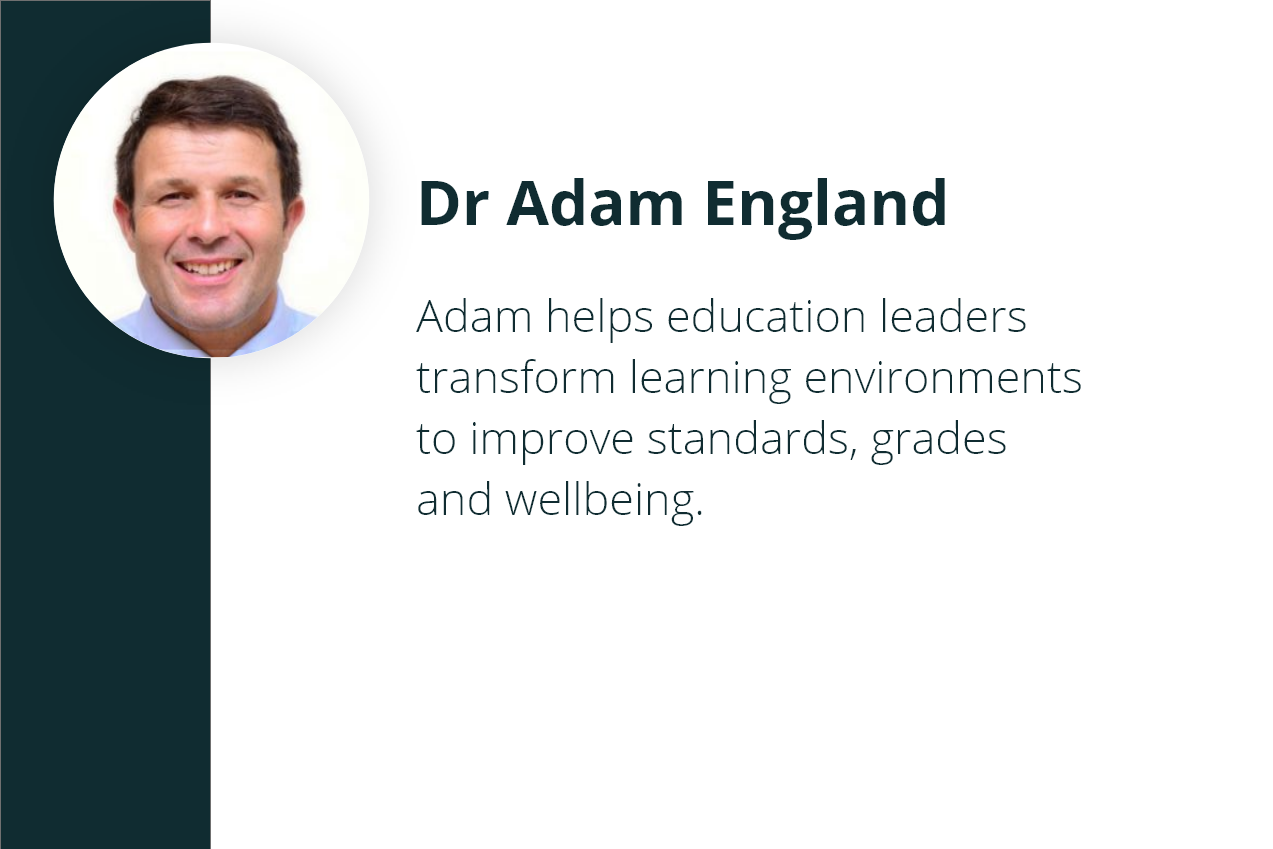What Teaching Will Look Like In 2050

Students of the future may see a very different school than we have today, according to a recent survey by expert builders Wates – ‘Class of 2050: A Vision of the Future for UK Schools’ held in conjunction with educators and educational leaders (also cited throughout our article). Here are the significantly different ways schools could look in 2050:
Supersize Schools
Just under half of all survey respondents believed schools could become supersized, accommodating students from both junior and senior schools using shared facilities; teachers would also be utilised across classes to maximise knowledge sharing. Specific class sizes could be significantly larger or smaller as needed, with teaching in 2050 potentially based around a more individualised style of learning reflecting a student’s academic ability instead of the current age group system. Students who took exams early could then move on to further or higher education, rather than being made to wait for their classmates to catch up. The main external change would be the building and structure of these schools in both size and layout, with internal furniture and furnishings needing to be far more adaptable and flexible (such as those featured in Envoplan’s intelligent designs).
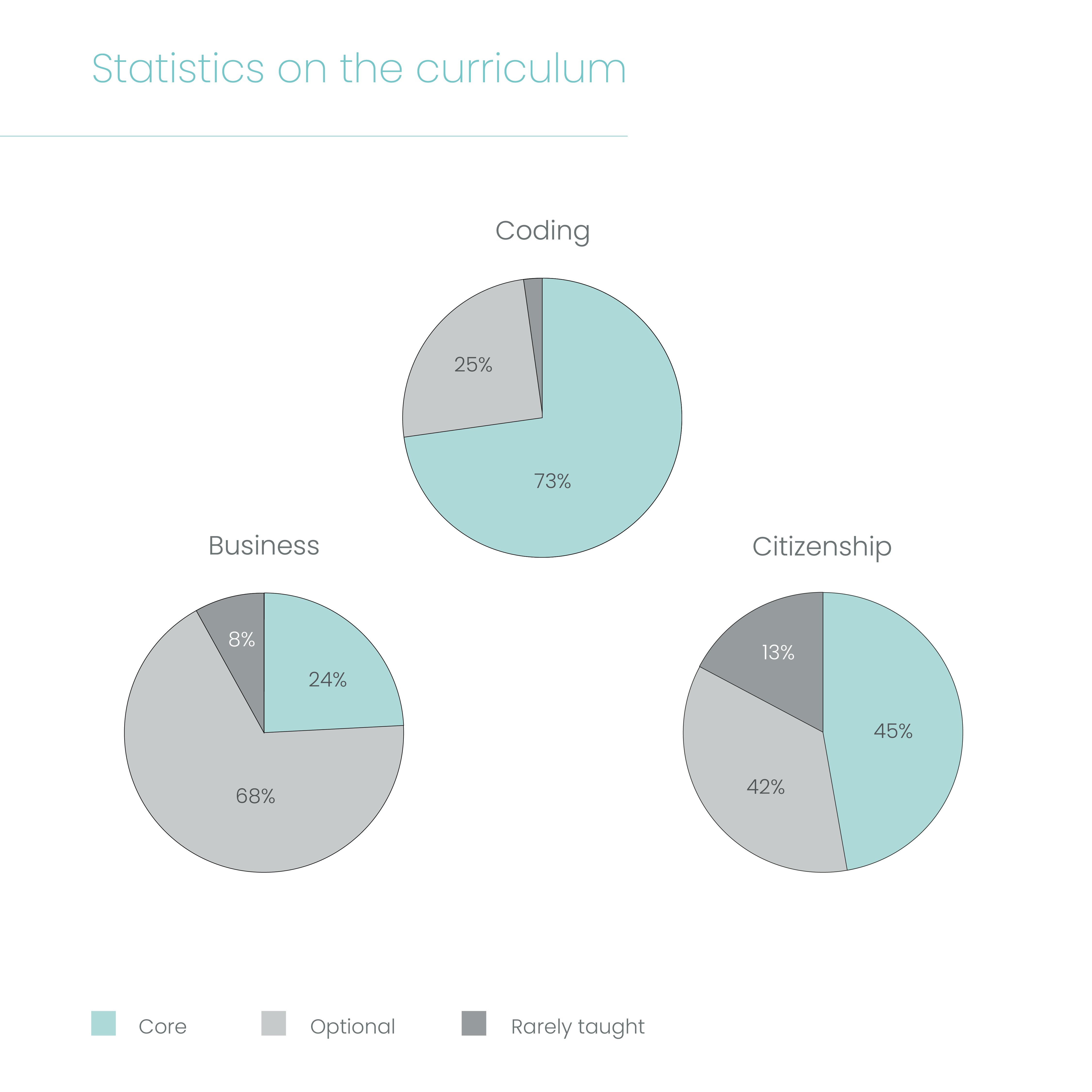
“If a younger person has got to the level where they have got the equivalent to Maths GCSE at the top grade and they are only 13 so what, they can go in and go on and do the A Level stuff. You might be someone who is with older children in one group and younger children in another and the idea that you are universally at the same level in all of your subjects is a myth.”
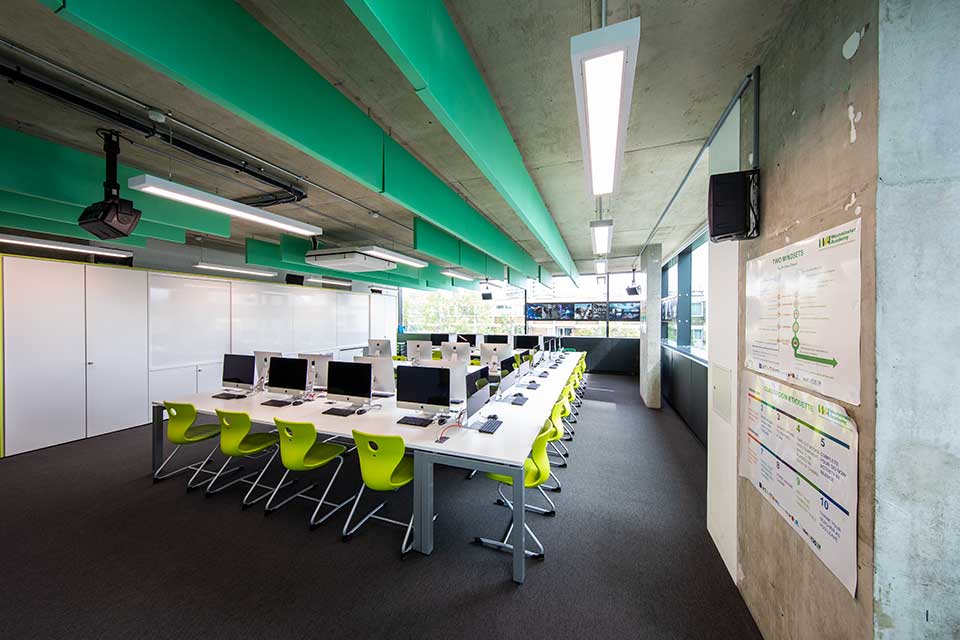
Flexible Furniture for the Future
To manage the new layouts of our 2050 classrooms and schools, furniture also has to be reconfigured. However, schools may face a number of issues to accomplish this as many are outdated, housed in older buildings or limited on space. The future school could look more like our universities currently do, with bigger conference areas to encourage differentiated space as needed. (Envoplan’s intelligent designs incorporate acoustics, light and connectivity that maximise square footage; we specialise in ergonomic furniture such as height optimised desks and seating that is built to last with a modern, fresh visual appeal.) The key to success will be through making sure rooms can be used in many different styles to encompass a range of ages, subjects and abilities.
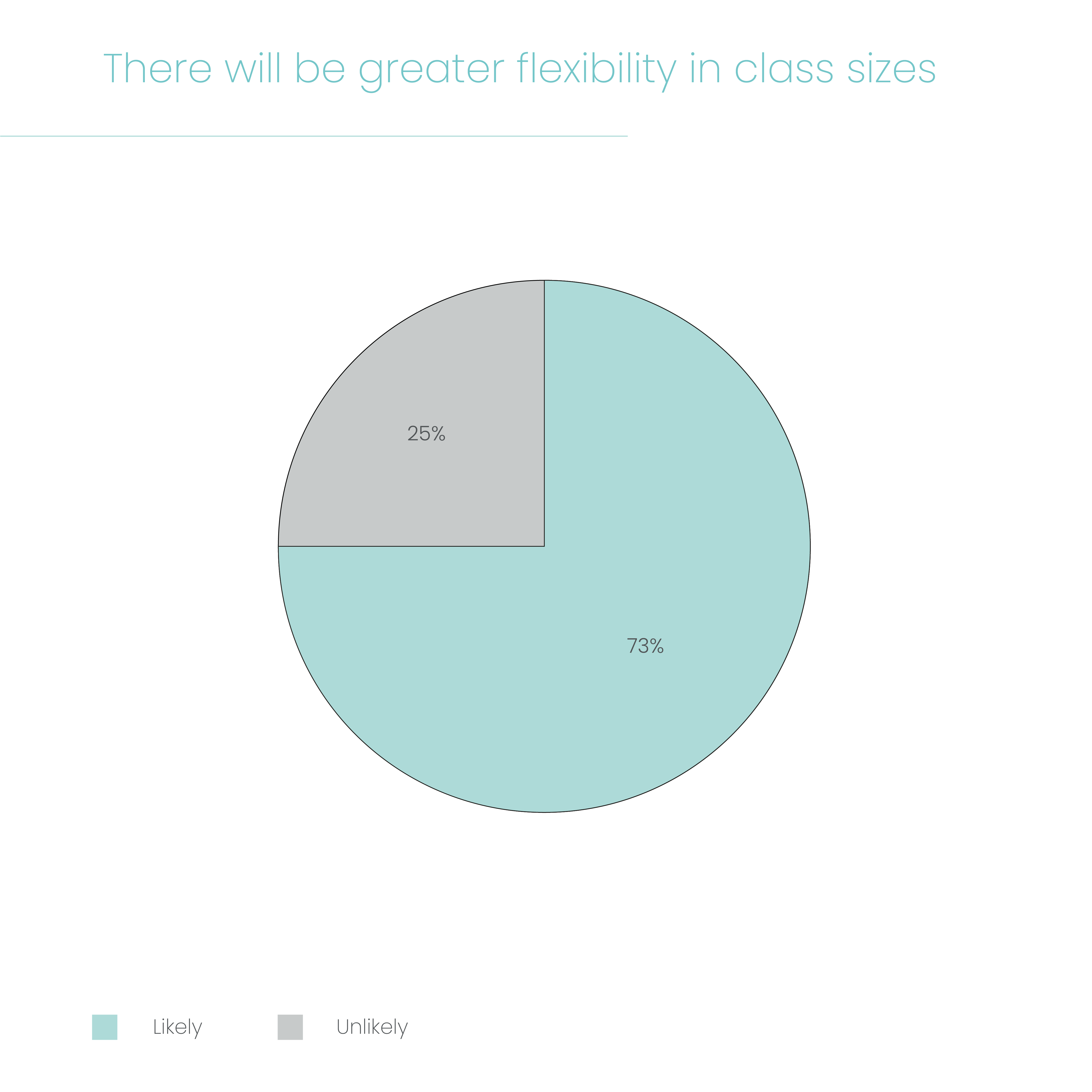
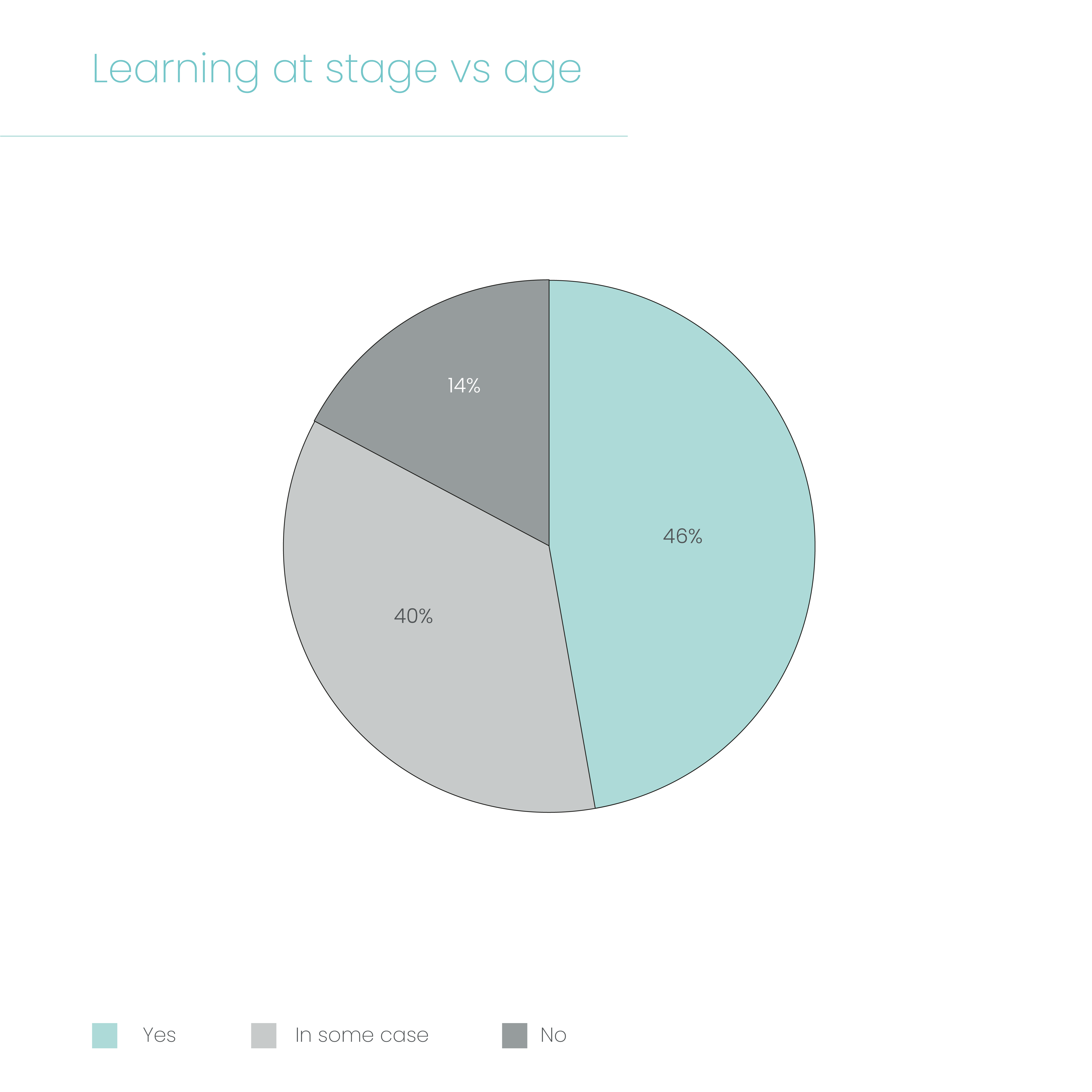
There will still be places where young people go roughly between the hours they do now. But I think it will look different; the room’s shape and size may be different. We may find a variety of class sizes – we might get classes that look a bit more like university lectures and some classes which are much smaller. It’s more cost effective to operate. We now understand better how this also helps children learn. There is a lot of evidence that’s starting to talk about how children learn – sometimes in small groups, sometimes in larger groups, sometimes with a teacher, sometimes with technology.
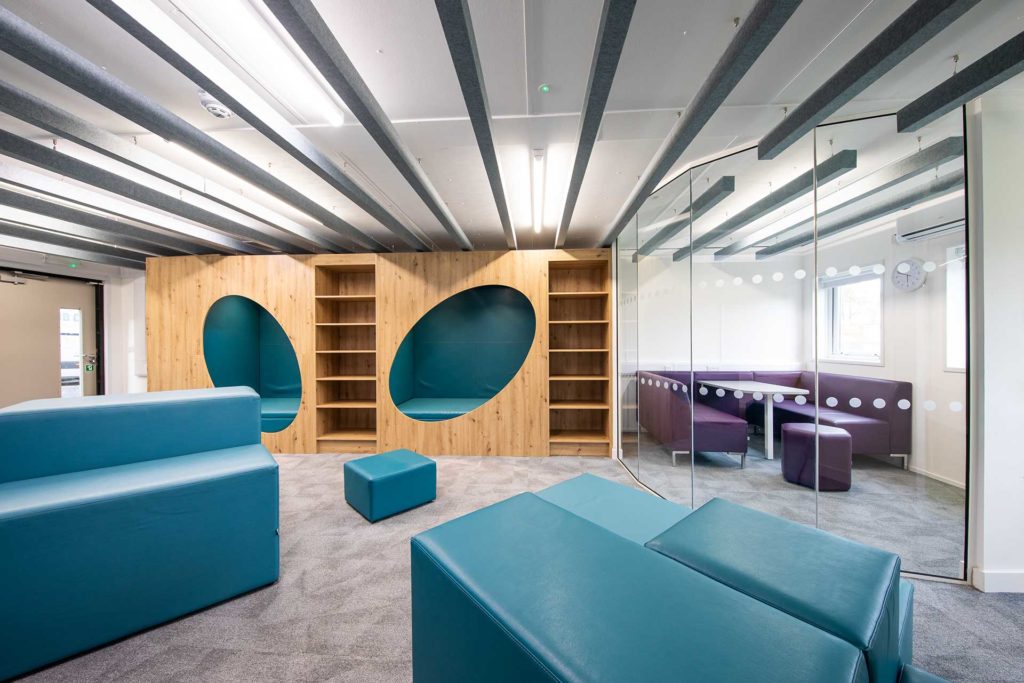
The Class of 2050 – Teaching and Learning
Whether class sizes remain at the current sizes, increase significantly or classrooms become abolished for a more flexible model including potential online learning, many respondents agreed there would be changes. Facts and figures would still be essential parts of education however cognitive skills will build both knowledge and the ability to problem solve.
The social aspect of school is a constant that encourages learning; even with remote learning, teachers and students being in the same location was felt by over 80% of correspondents to be necessary. It will be vital for schools to have up to date technology, even more so in the future. (Envoplan, with over 50 years’ experience, specialise in connectivity throughout your school.)
The main response to the survey was that the fundamental process of how school staff teach and how students learn would not be substantially changed from today, but that global boundaries would be traversed with ease.
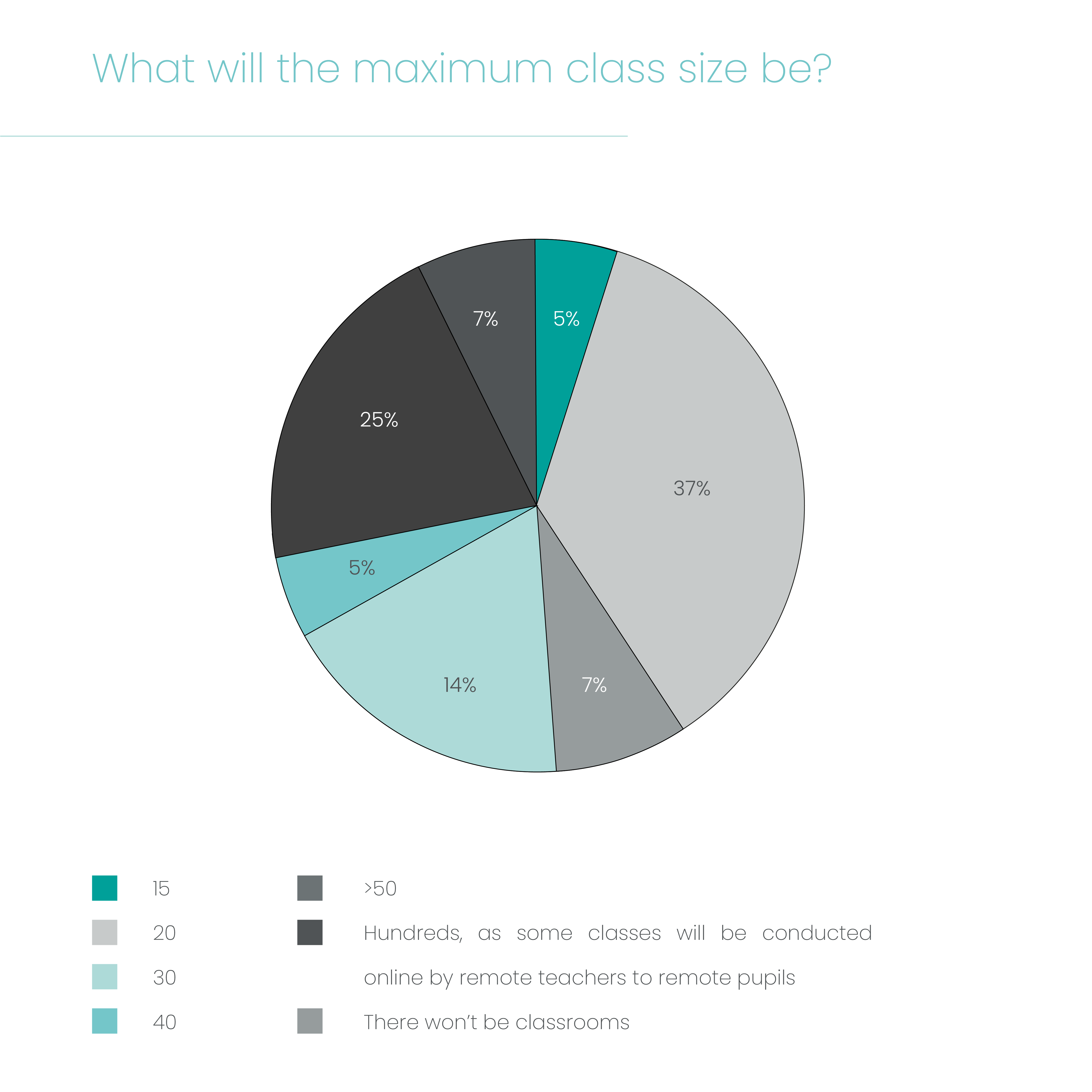
I think you will see even more autonomy around the curriculum in different schools; I think you’ll see technology enable children in Bristol to talk to children in China, Japan and the US – not as a special project, but as a normal, routine experience. I think you will see teaching being celebrated as one of the top employability professions and we are already making strides towards that.
